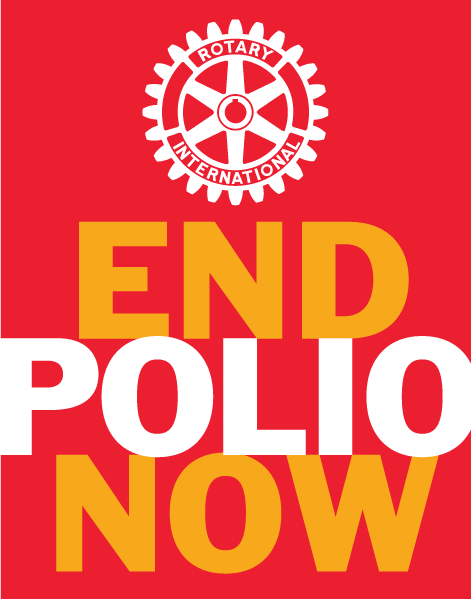 From the Global Polio Eradication Initiative
From the Global Polio Eradication InitiativeWild poliovirus in numbers 2017 (2016 numbers in brackets)
Globally 17 (34)
Afghanistan 11 (12)
Pakistan 6 (18)
Nigeria 0 (4)
Circulating vaccine derived poliovirus type 2 cases
Democratic Republic of the Congo: 10 (0)
Syria: 74 (0)
Working toward a Polio-Free Future: 2017 in Review
2017 brought new political and financial commitments, as well as important programmatic advances, that will be crucial to ending polio. If the programme continues to overcome obstacles and maintain high levels of commitment from countries, donors and partners, the world will have its best chance yet to rapidly end the disease once and for all.
Responding to Challenges in Syria
In Syria, where ongoing conflict has severely disrupted the delivery of health services, polio workers are responding to an outbreak of vaccine-derived polio. Ongoing vaccination campaigns have reached hundreds of thousands of children since the outbreak began in June, and complementary strategies, such as vaccination at transit points, are helping to pinpoint and protect the most vulnerable children. These efforts demonstrate how the polio programme strives to effectively reach children in conflict and insecure zones.
Striving to Reach All Children, Everywhere
For many people living in urban environments, accessing health services can be hard due to lack of infrastructure and attention from health authorities. In Pakistan, polio workers and routine immunization teams exchange information to identify and vaccinate children living in these dense urban areas. This is just one example of how the polio programme works with other initiatives to deliver essential health services to all children.
Helping polio survivors achieve their full potential
Workshops in Burkina Faso supported by Rotary International are providing custom-made wheelchairs.
New recommendations to end transmission in Pakistan and Afghanistan
Technical Advisory Groups met to assess country programmes and discuss ways to reach mobile populations.
Guidance for the next generation of health advocates
The Islamic Advisory Group created a manual for religious students to help them advocate for vital health programmes.
POLIO IN THE NEWS
Belfast Telegraph: How 1957 polio epidemic changed lives of Belfast women (https://polioeradication.us2.list-manage.com/track/click?u=1519be1cd815ed6195660c2c8&id=71bac71728&e=84cb0ed11c)
The Conversation: Vaccines aren’t enough – we’re working on a way to stop the polio virus for good (https://polioeradication.us2.list-manage.com/track/click?u=1519be1cd815ed6195660c2c8&id=e37a9a03dc&e=84cb0ed11c)
FUNDING UPDATES
Germany has announced new pledges for Nigeria (€19.9 million) and Pakistan (€2 million) for critical activities in 2018.
Italy has fulfilled its commitment from the Atlanta Pledging Moment, providing €4.5 million to WHO and UNICEF for polio activities in Afghanistan and Pakistan.
WHO received Sw.fr. 500 000 from Switzerland for polio transition operations, bringing Switzerland’s contribution to polio transition to Sw.fr. 1 million.
Continuing with its long-standing support to polio eradication efforts,
Liechtenstein contributed Sw.fr. 15 000 to Rotary International for polio eradication activities worldwide, which will be match by the Bill & Melinda Gates Foundation, bringing the total amount to Sw.fr. 45 000.
============================================================
@EndPolioNow (https://polioeradication.us2.list-manage.com/track/click?u=1519be1cd815ed6195660c2c8&id=ce7265dc41&e=84cb0ed11c)
@CDCGLOBAL (https://polioeradication.us2.list-manage.com/track/click?u=1519be1cd815ed6195660c2c8&id=6842823e56&e=84cb0ed11c)
@UNICEFpolio (https://polioeradication.us2.list-manage.com/track/click?u=1519be1cd815ed6195660c2c8&id=183cef07cb&e=84cb0ed11c)
@GATESFOUNDATION (https://polioeradication.us2.list-manage.com/track/click?u=1519be1cd815ed6195660c2c8&id=d371cad750&e=84cb0ed11c)
Copyright © 2017 Global Polio Eradication Initiative, All rights reserved.